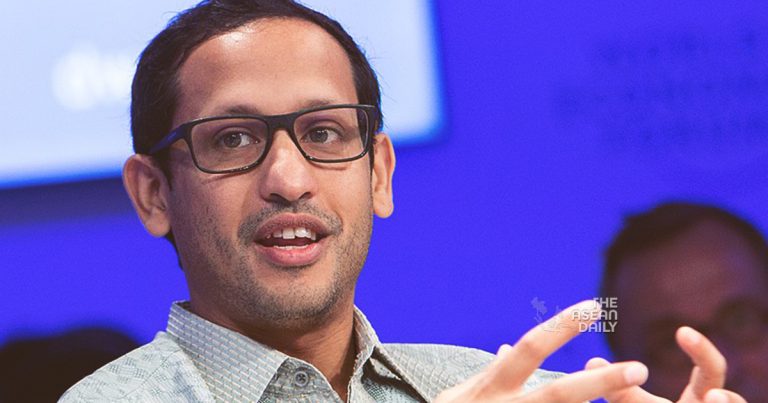27-7-2023 (JAKARTA) Nadiem Anwar Makarim, Indonesia’s Minister of Education, Culture, Research, and Technology, has called on all ASEAN member countries to increase investments in education to take advantage of the demographic bonus in the region.
Speaking at the South East Asia Policy Dialogue on Early Childhood Care and Education (SEA PD on ECCE) in Jakarta, Makarim emphasized that the growth of the demographic bonus in ASEAN is a promise to the world for a brighter future. ASEAN’s regional stability, economic growth, and demographic bonus will become key assets in the region’s journey to becoming a global growth center, he added.
Makarim urged all education ministers in ASEAN to collaborate on increasing children’s capacity. Early Childhood Education (PAUD) is an important foundation that can have a long-term impact on health and welfare, educational success, as well as economic and social productivity, he said.
Providing quality education to children in their early years would be a meaningful investment for the growth and progress of the region, given ASEAN’s demographic bonus. “It is time for us to send a stronger message to the ASEAN community regarding the urgency to provide the best learning experience for our children from an early age,” Makarim emphasized.
Indonesia’s bottom-up participation philosophy and collective action have helped the nation become the largest and most populous economy in Southeast Asia capable of significantly transforming the education system. The transformation of the education system has been seen in the learning quality, availability and access, the competence of teachers and education staff, cross-sectoral partnerships, school-family collaboration, digital innovation, and financial management, Makarim said.
The Independent Learning program is one of the government’s educational transformation efforts. The program is expected to spur a mass movement of teachers, parents, families, and communities that enables collective action to bring essential and large-scale changes. “We need a continuous bottom-up transformation in our education system,” he added.




